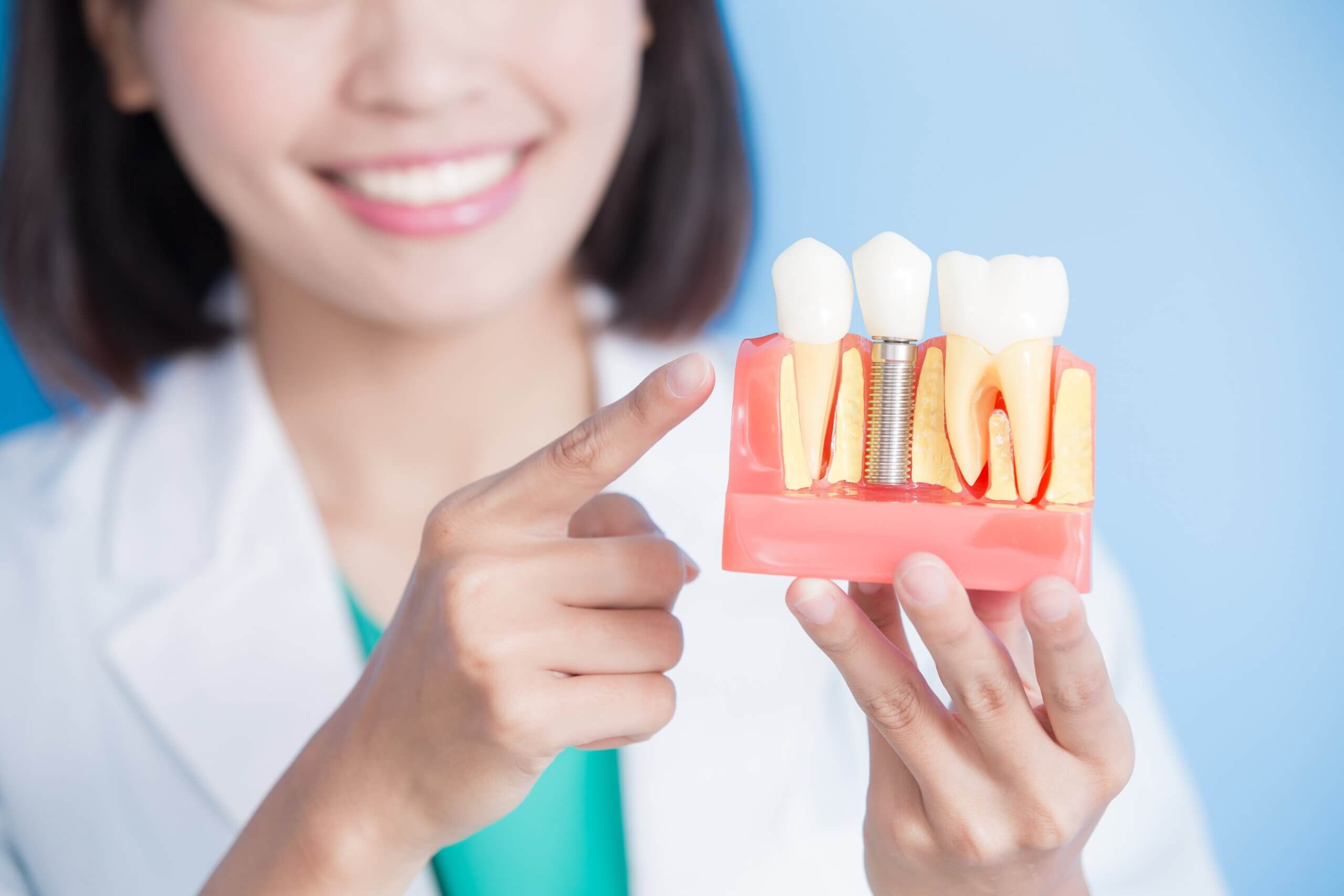
Things You Should Know When Considering Dental Implants
Dental implants are considered the next best thing to natural teeth. These medical devices offer an artificial tooth root that can be affixed with a crown to restore aesthetics, chewing function, and speech. The results are long-lasting, reliable, and have a high success rate. The American Academy of Implant Dentistry states that dental implants have a success rate of over 95%.
While many people can benefit from them, they are not the right fit for every patient. If you are considering dental implants, here are a few things you should know.
They Look and Function Like Natural Teeth
One of the biggest questions that people have about implants is how they compare to natural teeth. Unlike removable bridges and dentures that can shift and must be removed for daily cleaning, these work like your natural teeth.
A titanium post is inserted into the jawbone and given time to heal. These posts serve as artificial tooth roots, which are what give teeth their stability. They also have biting and chewing power similar to natural teeth, which means you can return to eating your favorite foods.
There are Two Main Types
If you are considering dental implants, it’s important to understand the types available. The main difference between the types refers to the way that they attach to the jawbone.
- Endosteal Dental Implants – This is the most common form. Endosteal implants look like small screws or cylinders that are inserted into the jawbone. Once the implant fuses to the jawbone, it can securely hold one or more replacement teeth. This type is often recommended to patients who already have bridges or dentures.
- Subperiosteal Dental Implants – The second type is the subperiosteal implant which is placed on or above the jawbone. With this process, a metal post is placed under the gum and sticks through the gum to hold a replacement tooth. This type of implant may be best suited for patients who do not have enough jawbone to hold an endosteal implant or who can’t wear regular dentures.
The Downsides to Dental Implants
While the dental implant procedure is fairly straightforward with minimal complications, there are some potential downsides to this procedure. First, the healing process can be long, with a standard recovery taking anywhere from five to eight months. During this time, you’ll have to stick to soft foods and avoid bad habits that impact oral health, such as smoking.
Like all surgical procedures, there are some risks to getting dental implants. Dental implant surgery can result in swelling, bleeding, and bruising, especially in the first few days after the procedure. In rare cases, patients may experience sinusitis, infection, allergic reaction to the implants, or nerve damage.
Dental Implants Must Be Protected from Gum Disease
Many people are under the misconception that since dental implants are made of resilient metal and the crowns are constructed of porcelain, they don’t pose a threat to their oral health. Unfortunately, even artificial teeth can contribute to gum disease if you don’t practice good oral health. Poor oral health habits can facilitate bacteria growth that can cause gum disease to develop.
Like your real teeth, dental implants should be brushed at least twice a day and flossed daily. Consider using dental floss that is made specifically for dental implants or opt for an unwaxed floss. Use non-abrasive toothpaste to help keep your crowns looking their best.
Schedule an Appointment with Our Melbourne FL Dentist Today
Dental implants are an excellent way to restore your oral health and maintain a beautiful, healthy smile. To learn more about the dental implant procedure or to schedule an appointment with our Melbourne Florida dentist, contact Artistic Touch Dentistry at (321) 722-4442.

